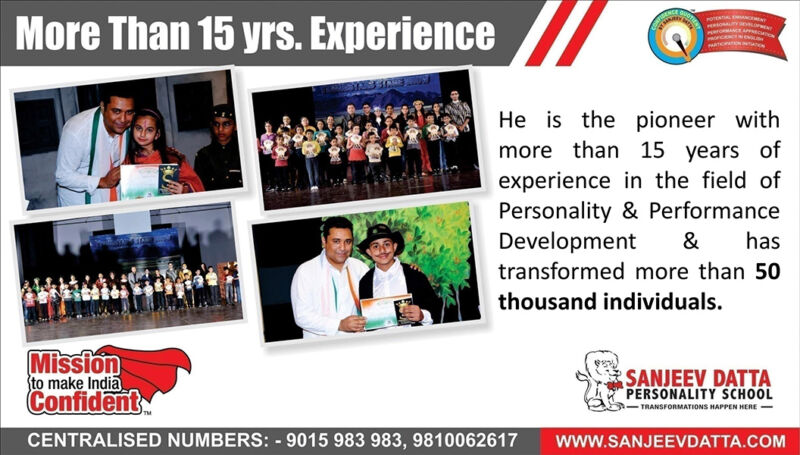Childhood is an age where a kid learns a lot of things from their surroundings, be it from family, kinship, friends, teachers, or other people in the school. It is the foundation of all the values they are going to learn in the early part of their life. For this purpose, childhood development holds a key value in planning how and what needs to be done for a memorable and enriching initial journey for your kid to achieve their full potential. Setting a plan requires careful follow-ups to go with and making sure to recalibrate the goals and plans according to the situation. Let’s have a look at how to track early childhood development for your kid to fulfill the role of a responsible parent.
How Your Child Plays?

This gives an important clue about what kind of personality your kid might have. If they are inclined towards outdoor sports, it means you can work towards more indoor activities to maintain balance in approach as well as give ample time for your kid to enjoy what they like the most.
How your Child Learns?
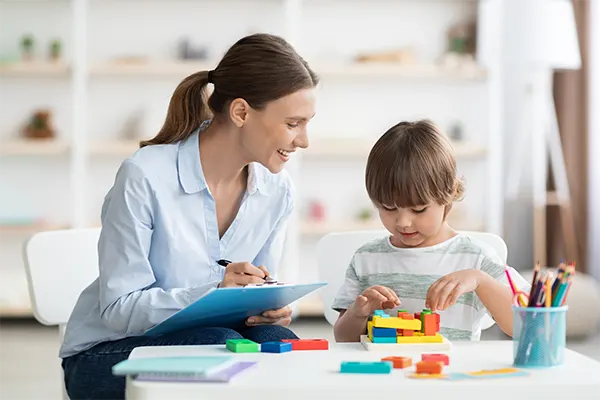
Every kid has the speed at which they grasp the knowledge and conversations around them. By understanding and carefully monitoring this parameter, you can look out for appropriate activities to make the learning process more robust and long-lasting so that your child enjoys this process later on when they become self-driven. Activities like playing with different puzzles or listening to music make the kid much more receptive to newer academic learnings.

How your Child Speaks?
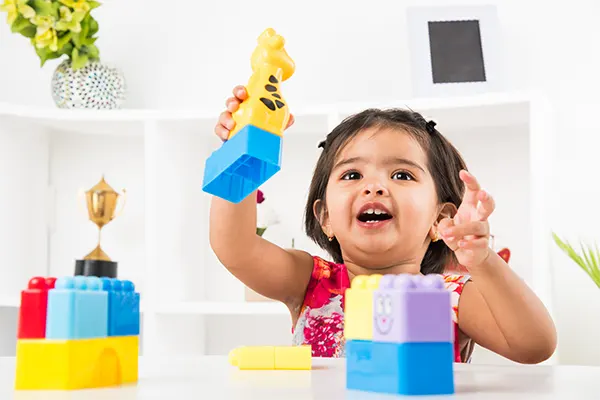
The way your kid expresses themselves conveys how well they can articulate their thoughts. In Early childhood, language development is crucial in developing speaking skills. While speaking to your kid, listening to them carefully and giving full attention to what they are trying to convey can instill confidence in them. Speaking and communication skills at large play a big role in personality development for kids.
How Your Child Acts?

When noticing things around themselves, children often try to mimic what they see. Choosing between right and wrong is challenging at a young age. That is why parents can track and make their kids aware of how to act in situations. Telling your kid about what can be mimicked and what is wrong is a step that can ensure the steady development of decision-making skills.
Tracking the Emotional Development
![]()
Kids are filled with emotions and their emotions get molded and refined during their development phase. At this time, imbibing empathy skills into them based on their adaptability to emotions is necessary to make them better people. This lets them understand other’s difficulties and thus make a humble personality. Personality grooming classes can help here for the effective discovery of different emotions for the kids.
Take care of their nutritional needs

Physical fitness is synonymous with development in all dimensions for young children. Kids require a rich diet as this phase is the one which earmarks rapid growth physically and any deficiencies here can result in chronic diseases later in adolescence.
Having a checklist of milestones
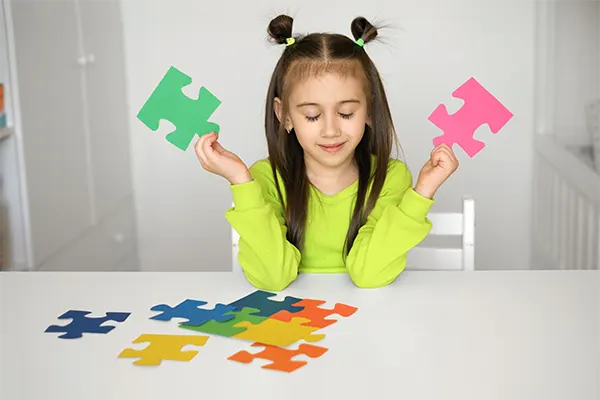
Academically you would want your kid to be on a path to have a stable learning environment keeping in pace with their age. For this, you can have a close connection with the school or playgroup teachers who monitor your child throughout the most active part of the day. Teachers can help to address any gaps in learning needs so that your child doesn’t feel left behind.
Visit: why financial literacy for kids
Understand their trigger movements

Children often have several fears associated with objects around them which upsets them. These things may make them uninterested in something that may be important to them, albeit due to fear of the unknown, they might be running away from it. In such cases, parents can monitor the trigger movement of their child to clarify the fear and also make sure these things do not hamper the Child’s mental space.
Understanding logical reasoning
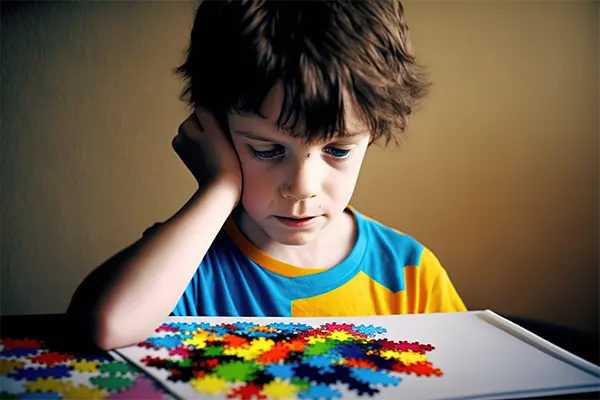
Kids beyond the age of 5 years are receptive to reasoning that you may provide for a phenomenon that happens around us. For example, why it rains, why we sit in a particular manner etc. are questions that may excite your child. When you start to explain the actual reason behind this and your kid listens to these carefully it is a good indicator of proper development of reasoning skills.
Use of imagination and creativity
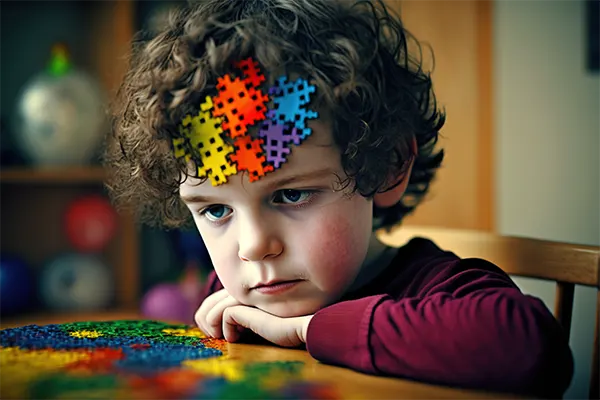
When kids start to use their imagination to understand things around them, it conveys the cognitive development that happens with it. Imagination is something that drives our dreams and this creates a subconscious mind. A child’s creativity is also a sound indicator of their childhood development trajectory.
Visit: pillars of gentle parenting
Your Child’s early growing years are the most important part of parenting as these years involve much care towards your child in a variety of vital skills such as communication, listening, social skills, and emotional intelligence. When you know how to track early childhood development for your kid, it can ease sudden feedback and replace them with steady plans which are gradual improvements over a long time. Right from birth up until the age of 5 years a child is like clay that can be molded in any dimension, it depends on the Potter which is the parents and teachers who can mold the child into a robust personality.
Why Sanjeev Datta Personality School?
- Interview Training
- Leadership
- Presentation Training
- Social Boldness
- Dressing Etiquette
- Office Etiquette
- Communication Skills
- English Speaking
- Anger Management
- Time Management
- Team Building
- Performance Enhancer
- Soft Skills
- Goal Setting
- Career Counselling
- Student Subject Choice Counselling
- Listening Skills
- Video Presentation
- Meditation
For more details, contact us now!


